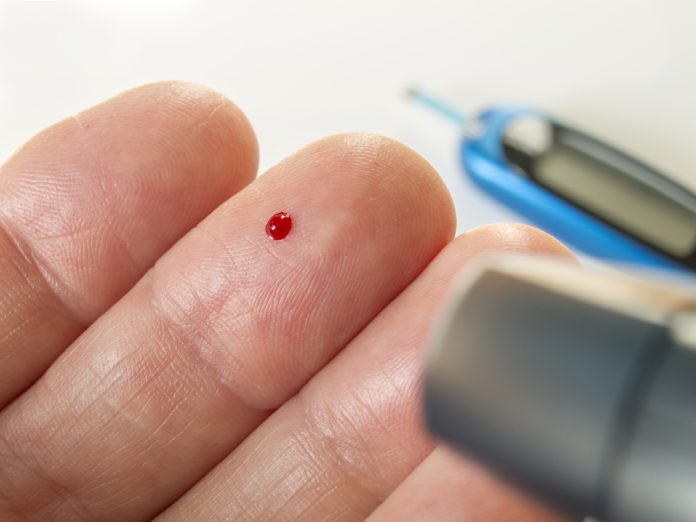Dr Elizabeth Robertson, Director of Research at Diabetes UK explains why 2019 marked turning a corner in the prevention of Type 1 diabetes but adds that there is still more research to be done in this area
This year marked a significant milestone for Type 1 diabetes. After more than three decades of clinical trials, each one providing important learnings for the next, the research community reached the positive outcome they had been waiting for: it was possible to delay the diagnosis of Type 1 diabetes.
This finding has sparked a wave of new possibilities, but importantly it provides much-needed confirmation that tackling the root cause of Type 1 – the immune attack against insulin-producing beta cells in the pancreas – has been the right strategy.
Witnessing Teplizumab, an anti-CD3 antibody, delay the onset of Type 1 diabetes by an average of two years, is the result of a mammoth effort to piece together the underlying pathology of this condition. Each hard-won milestone has been significant; from establishing that the development of Type 1 begins years before the actual diagnosis, to early experiments confirming that anti-CD3 antibodies could prevent Type 1 in mice.
This effort culminated in a small TrialNet clinical trial in 76 people, 44 of whom were given a two-week IV infusion of Teplizumab. The median time to a diagnosis of Type 1 was two years in those receiving a dummy infusion, but four years in those who were given Teplizumab.
That’s an average of two extra years free of Type 1 diabetes for some of the participants in this trial. Two years free of insulin therapy, sleepless nights, or the worry of future complications. But before we get too ahead of ourselves, there is more research to be done.
For one, a larger clinical trial is needed to confirm Teplizumab’s effects. But the positive results of this phase 2 trial present some challenging questions for the research community. First and perhaps most pressing, is the question of how appropriate would it be for some of the participants to receive a placebo drug, given the beneficial effects of the active drug?
Second, who will be recruited to future trials? This small trial focused on people with family members who have Type 1 diabetes, but the majority of people who develop Type 1 don’t have a family history – can future trials and recruitment efforts account for this?
And third, will the results translate into the prevention of Type 1 diabetes? It’s important to note that this trial was carried out in people with a near 100% chance of developing Type 1 diabetes at some point in their life. While one might hope to move onto those who are at an earlier stage in their development of Type 1, or a lower risk, it’s thought that Teplizumab works on an immune system which has already been ‘activated’ against beta cells, making this challenging.
In addition, it’s near impossible to assess the true effects of a drug on prevention in a trial setting, as participants would all need to be followed until death. But perhaps the two-year delay offered by Teplizumab could be extended and – if subsequent trial results lead to a license for those at high risk – future real-world data could paint a clearer picture of Teplizumab’s long-term prevention effects.
There are challenges ahead but they do not lessen this significant milestone. And with insulin therapy nearing its 100-year anniversary, we need more milestones like this. Each step forward in our understanding of how to prevent or delay the onset of Type 1 diabetes brings us closer to finding a cure. A possible future scenario is one where we can combine a treatment to stop the immune attack with another to replace or regenerate lost beta cells. So research must continue.
For now, we’re thankful. Thankful to the researchers involved in this discovery who didn’t give up, to the healthcare professionals who enable clinical science to happen and most importantly, we are thankful to the thousands of people at risk of Type 1 diabetes who have continued to take part in the research.
NE JM paper: https://www.nejm.org/doi/10.1056/NEJMoa1902226











